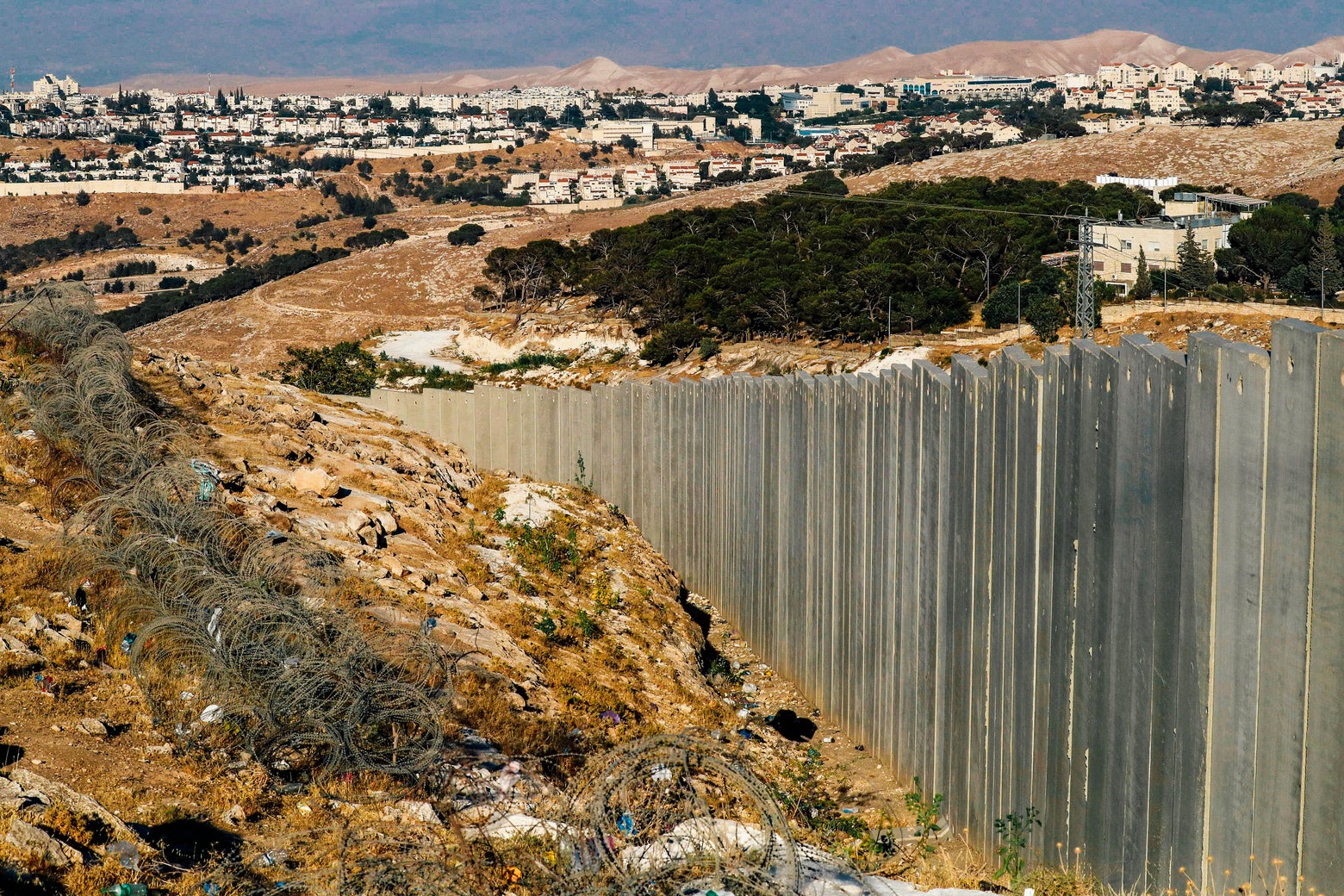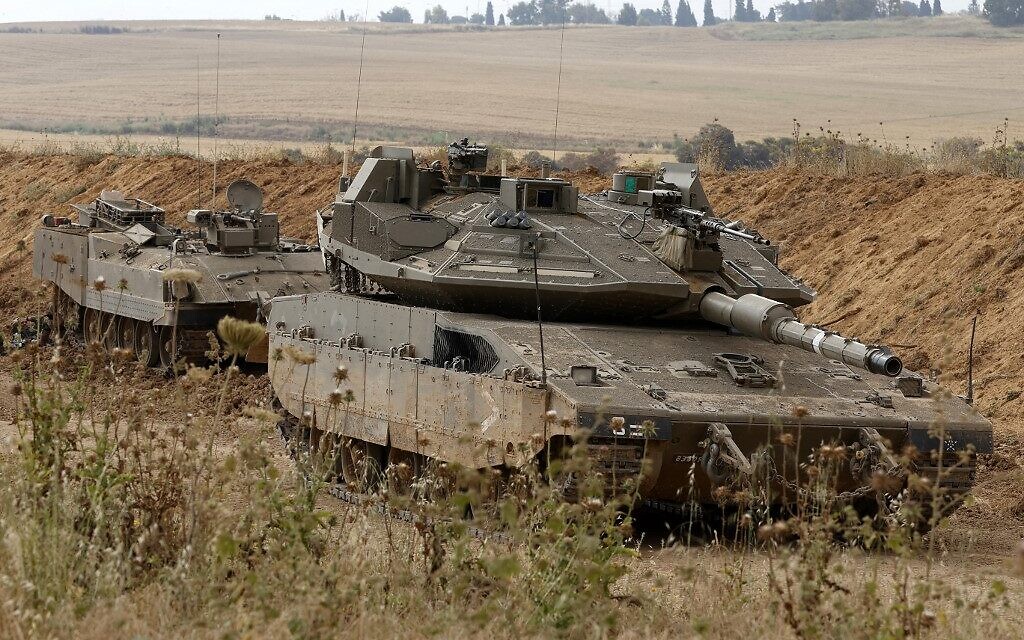@Big_Zucchini Thanks for your informative reply. Well you certainly do have a problem with Hamas then. You are in the damned if you do, and damned if you don't position. You can't exactly spit the dummy, pack up your toys and go home.
Using Israeli soldiers for hearts and minds, may have been the wrong approach to start with because the soldiers are seen as the enemy and would not be trusted at all. A civilian agency approach may have been better with the IDF providing security. Sometimes it's little nuances like that which make all the difference.
During the 1990s there was a rebellion on the island of Bougainville in Papua New Guinea over the large copper mine there. The local inhabitants were not receiving any of the benefits of the mine and it was ruining their traditional fishing, hunting, and growing areas. These are some of the fiercest tribesmen in the world and were headhunters and cannibals one or two generations back. They did have valid concerns because the royalties from the mine were going to the government in Port Moresby and Bougainville wasn't seeing a cent.
So the Bougainvilleans picked upped arms forced the mine to close and declared that they wanted their freedom. There was fighting between them and the government forces. At this point Australia and NZ were asked to mediate. A team from a RNZN survey ship put ashore in Bougainville but they went unarmed except for a guitar. Us Māori are known for our culture, partofwhich is music, singing, dancing, and of course the haka. The shore party met up with some locals and did what we always do at home on our own tribal grounds - greet each other with songs, dance, and speeches in friendship.
This had never been tried before and was a gamble, but it worked and gained the trust of the locals. It was the suggestion of one of the senior rates aboard the ship and the ship's CO went with it. The Bougainville party went aboard the ship and agreed to negotiations with the PNG government. These were held at Burnham Military Camp here in NZ and an agreement was reached between the two parties with Australia and NZ as guarantors.
So sometimes a different cultural approach can be taken that may break the ice, lead to a break through, and eventually to a peace. It's finding that approach and having the courage to take it that's difficult.
Using Israeli soldiers for hearts and minds, may have been the wrong approach to start with because the soldiers are seen as the enemy and would not be trusted at all. A civilian agency approach may have been better with the IDF providing security. Sometimes it's little nuances like that which make all the difference.
During the 1990s there was a rebellion on the island of Bougainville in Papua New Guinea over the large copper mine there. The local inhabitants were not receiving any of the benefits of the mine and it was ruining their traditional fishing, hunting, and growing areas. These are some of the fiercest tribesmen in the world and were headhunters and cannibals one or two generations back. They did have valid concerns because the royalties from the mine were going to the government in Port Moresby and Bougainville wasn't seeing a cent.
So the Bougainvilleans picked upped arms forced the mine to close and declared that they wanted their freedom. There was fighting between them and the government forces. At this point Australia and NZ were asked to mediate. A team from a RNZN survey ship put ashore in Bougainville but they went unarmed except for a guitar. Us Māori are known for our culture, partofwhich is music, singing, dancing, and of course the haka. The shore party met up with some locals and did what we always do at home on our own tribal grounds - greet each other with songs, dance, and speeches in friendship.
This had never been tried before and was a gamble, but it worked and gained the trust of the locals. It was the suggestion of one of the senior rates aboard the ship and the ship's CO went with it. The Bougainville party went aboard the ship and agreed to negotiations with the PNG government. These were held at Burnham Military Camp here in NZ and an agreement was reached between the two parties with Australia and NZ as guarantors.
So sometimes a different cultural approach can be taken that may break the ice, lead to a break through, and eventually to a peace. It's finding that approach and having the courage to take it that's difficult.



